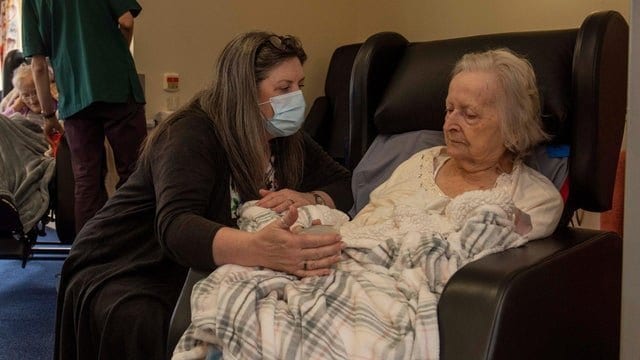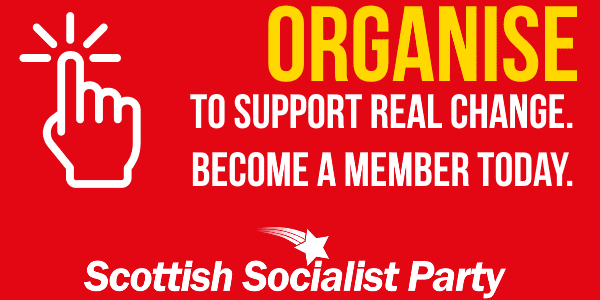The Scottish Parliament has heard proposals for a “National Care Service”, following the publication of the Independent Review of Adult Social Care.
However, both the Independent Review of Adult Social Care and debate on the issue in Parliament have been accused of falling short.
Opinion polling has found 69% of people want a publicly-owned National Care Service, but both Derek Feeley’s report and MSPs have stopped short of delivering it.
Scottish Socialist Party National Cospokesperson Colin Fox wrote:
“Health Secretary Jeanne Freeman infers Feeley advocates ‘parity’ between the proposed National Care Service and our NHS when it does nothing of the kind. Merely putting a National Care Service ‘on a legal parity’ with the NHS is a deceit. Our NHS is free and publicly owned. Her National Care Service is not.
“The Scottish Government Health Minister has said repeatedly she does not support this new National Care Service being publicly owned and run – yet that’s precisely what ‘putting it on a par with the NHS’ means to the public.
“None of the MSP’s in the debate on a National Care Service today mentioned the Panelbase poll commissioned by the SSP showing 69% of people want a National Care Service that is free at the point of need, publicly owned and run, and fit for the 21st century.
“The Scottish public has made it repeatedly clear they want a National Care Service free at the point of need, publicly owned and fit for the 21st century. Existing provision delivers none of these; it is expensive, privately provided and unfit for purpose.
“Feeley doesn’t recommend the establishment of a care service ‘on a par with the NHS’ as Health Secretary Jeanne Freeman claims. And as her speech at private sector ‘Care Gathering’ made clear she doesn’t support public ownership, the central ethos of our NHS.”
The Scottish Socialist Party has led calls for the creation of a publicly-owned, publicly-funded, publicly-operated National Care Service that is free at the point of need, like the NHS.
Campaigners say that maintaining private provision in care undermines care quality, hurts jobs, and short-changes the public. Public funding and personal debt fund the mostly-privatised system of care in Scotland.
In 2019, the Centre for Health and the Public Interest revealed that at least £1.5bn “leaks” out of the care system through tax haven and into private hands every year. Just £6 per day is spent on food for the average care home resident.
Private profiteering in public service and infrastructure has produced an enormous cost to the public. In 2020, Audit Scotland revealed that the public will pay offshore-based private firms £40 billion for £9 billion worth of infrastructure until 2047.
This includes the privately-built Royal Hospital for Children and Young People in Edinburgh, which will cost health services £432m – far above the cost quoted to the public.
In January, the SNP’s Jeanne Freeman told private care bosses that the Scottish Government does not support a change to public ownership that would prevent offshore “leaks”.
43% of Scotland’s care workers receive less than £9.30 an hour – and the majority of low-paid care workers are women or migrants. This is exacerbated by unpaid travel time and unpaid sleep-ins, as well as insecure, zero-hour contracts and “self-employment” arrangements. One-third of care home staff resign within a year over poor conditions – a loss of experience that undermines care quality. 52% of Scotland’s care homes report daily job vacancies.
In 2020, the Scottish Parliament voted down collective bargaining for private sector care workers.
Veteran care worker Trish McLaughlin has said:
“MPs and other people say ‘go and work in social care’, and what they’re saying is, ‘we know they need people because people leave all the time, but rather than fix it we’re just going to throw people at it and some of them will stick’. But a third of them don’t.
“People say it takes a village to raise a child. It takes a community to take care of your elders.
“It can’t be privatised more. It’s owned by hundreds of different companies, and it’s not working. So you go the other way, so it’s owned by everyone, and everyone contributes through their taxes, so people aren’t having to sell their houses, so people aren’t having to go through their life savings.
“It’s not about money, and it’s not about soundbites, and it’s not about politicians – it’s about dignity of life. Dignity of life for service users, and the people providing it.”

